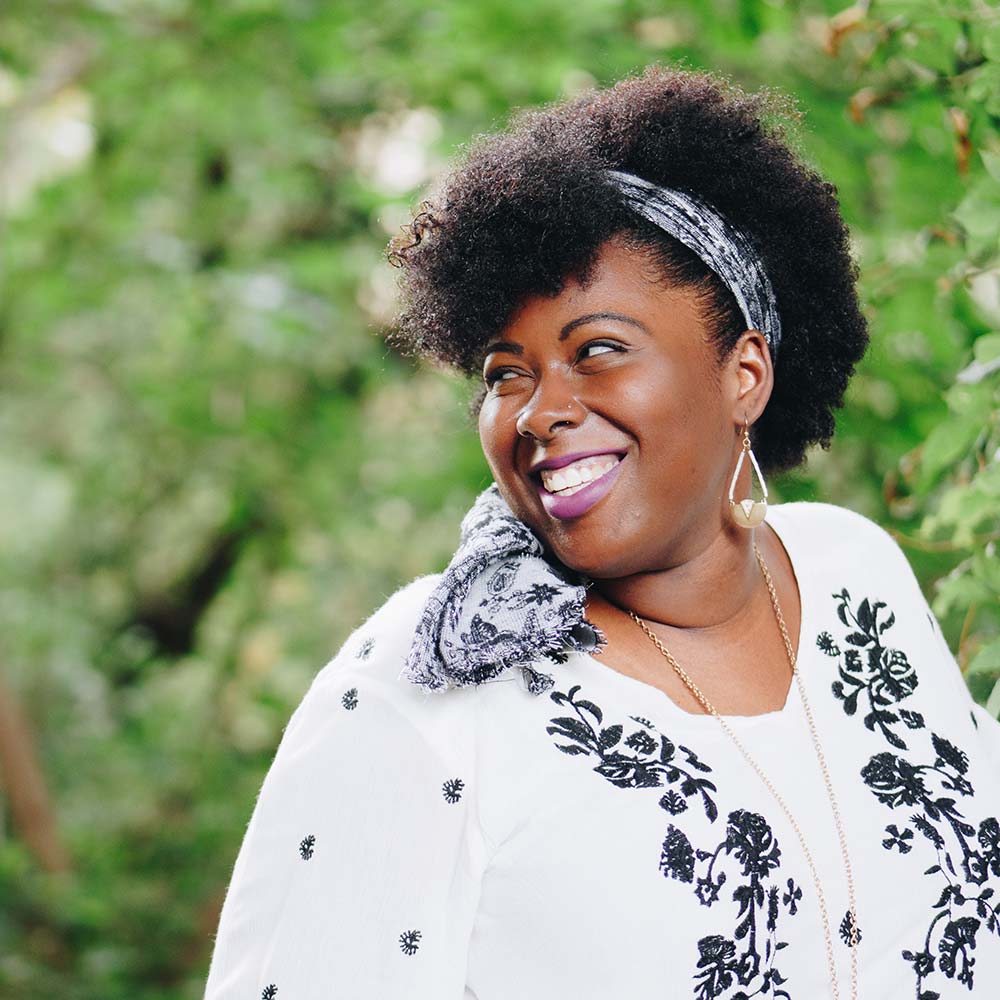What You Need to Know About COVID-19 Boosters
Table of Contents
Who should get a COVID-19 booster shot?
What is a COVID-19 booster shot?
Why do I need a booster if the vaccinations are so effective against COVID-19 to begin with?
Where can I get a booster shot?
What is the difference between boosters and “additional shots” or “third shots”?
Introduction
Recently, the CDC and FDA approved the use of booster shots for COVID-19 vaccines. On this page, you can find answers to your common questions about boosters and find out whether you are eligible to receive one.
Who should get a COVID-19 booster shot?
Currently, the CDC has made the following groups eligible for COVID-19 vaccine booster shots:
- Everyone who received the Pfizer-BioNTech COVID-19 vaccine at least 5 months after their second dose and are 12 years or older
- Everyone who received the Moderna COVID-19 vaccine at least 5 months after their second dose and are 18 years or older.
- Everyone who received the Johnson & Johnson COVID-19 vaccine at least 2 months ago and are 18 years or older.
What is a COVID-19 booster shot?
A COVID-19 booster shot is an additional vaccine shot given to a fully vaccinated person once their immunity to COVID-19 starts to wane. The booster shot is used to “boost” their body’s immunity to COVID-19 back to the high levels it was after originally being fully vaccinated.
Why do I need a booster if the vaccinations are so effective against COVID-19 to begin with?
Most people who are fully vaccinated still have great protection against the most-severe cases of COVID-19. However, studies have shown that COVID-19 immunity starts to wane months after vaccination. That means that people who are vaccinated start having more COVID-19 infections, even though they are still more protected than people who are not vaccinated. Boosters are recommended for everyone who is eligible.
Mix and Match Boosters
AS of October 20, 2021, the FDA authorized the mixing of booster shots to allow people to take any of the three approved COVID-19 vaccines (Pfizer, Moderna, and Johnson & Johnson) regardless of which shot they were originally vaccinated with. For example, if you received a Johnson & Johnson vaccine, you can now receive the Pfizer or Moderna COVID-19 vaccine as your booster.
If you were fully vaccinated abroad with a vaccine that is authorized by the WHO but not by the FDA (like Astra Zeneca), you should get a booster 6 months after your last dose.
Where Can I Get a Booster Shot?
You can find a vaccine site near you and book an appointment at vaccines.gov, text your zip code to 438829, call 1-800-232-0233 or talk to your doctor.
What is the difference between boosters and “additional shots” or “third shots”?
In addition to approving the use of COVID-19 booster shots, the CDC also approved “additional shots” which are different from booster shots. This is understandably a bit confusing, since a booster shot is also a shot you are taking in addition to your original vaccination.
For many people who are immunocompromised, it takes more than two shots of the Moderna or Pfizer COVID-19 vaccines or one shot of the Johnson & Johnson vaccines to develop an immune response that will protect against COVID-19. For people who are immunocompromised, studies have found that an additional shot during the original vaccination period can offer much greater protection against COVID-19.
“Currently, CDC is recommending that moderately to severely immunocompromised people receive an additional dose. This includes people who have
- Been receiving active cancer treatment for tumors or cancers of the blood
- Received an organ transplant and are taking medicine to suppress the immune system
- Received a stem cell transplant within the last 2 years or are taking medicine to suppress the immune system
- Moderate or severe primary immunodeficiency (such as DiGeorge syndrome, Wiskott-Aldrich syndrome)
- Advanced or untreated HIV infection
- Active treatment with high-dose corticosteroids or other drugs that may suppress your immune response
Additionally, the CDC recommends children ages 5-11 years old with moderately to severely weakened immune systems can get an additional dose of Pfizer-BioNTech 28 days after their second shot.
People should talk to their healthcare provider about their medical condition, and whether getting an additional dose is appropriate for them.”
Of note, the CDC is recommending that people who receive a third shot of the Pfizer or Moderna vaccine because they are immunocompromised should get a booster 5 months after their third shot. People who received the Johnson & Johnson vaccine initially should get one booster dose or any FDA authorized vaccine 2 months or more after the first dose. There is no recommendation for any further doses.
This page will be updated on an ongoing basis to reflect the most updated information on vaccine booster shots as these developments unfold.
The information on this website has been aggregated from the CDC and other trusted medical resources and is not medical advice. If you have additional questions we encourage you to speak to a medical provider. This information was last updated January 6, 2022.
